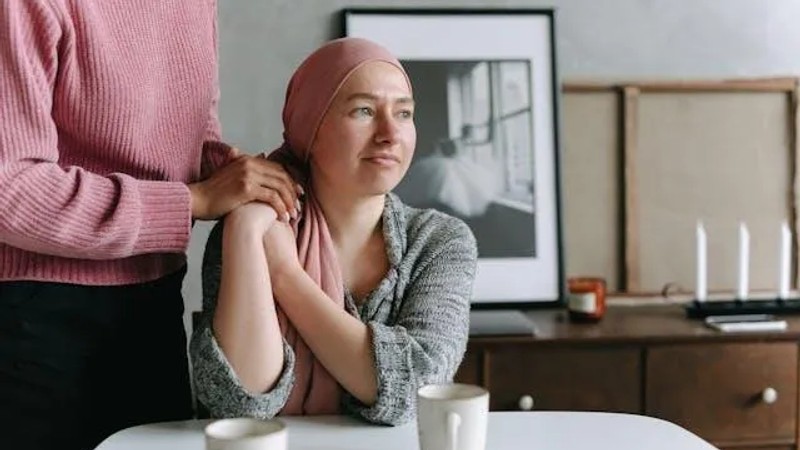For anyone who’s walked the long road through cancer, survival is a word that means everything. But making it through treatment, chemotherapy, radiation, and surgery is only part of the story.
For many survivors, the next chapter is about restoration: rebuilding confidence, reclaiming identity, and, sometimes, rediscovering joy in the mirror.
In South Africa, cancer touches thousands of families every year. According to the Cancer Association of South Africa (CANSA), cancers like breast, prostate, colorectal, and skin cancer are among the most common, with over 100 000 new cases reported annually.
While medical advances save more lives than ever before, the emotional and physical scars can linger.
One of the most visible and emotionally charged reminders of cancer is hair loss.
Why hair loss hurts so much
Losing your hair during cancer treatment isn’t just about looks. It can feel like losing a part of yourself, your identity, your femininity or masculinity, your privacy, your sense of normalcy.
As Dr Kashmal Kalan, medical director at Alvi Armani South Africa, puts it: “This isn’t about vanity. It’s about healing the whole person. Even after treatment ends, survivors often see someone in the mirror who still looks like a patient. That can make it hard to reconnect with the person they were before cancer.”
Why does hair fall out during cancer treatment?
The answer is both simple and scientific. Chemotherapy and radiation attack rapidly dividing cells. While this helps kill cancer, it also harms healthy cells that grow quickly, like those in our hair follicles. The result?
Hair may thin, recede, or fall out entirely, sometimes never regrowing the same way. A study published in “Psycho-Oncology” found that hair loss ranked as one of the most distressing side effects, especially for women.

Restoration is more than cosmetic
For survivors like Cindy Pretorius, a basal cell carcinoma survivor, hair restoration was the last step in her healing journey. After surgery left her with visible scarring along her hairline, she received a minimally invasive hair transplant at Alvi Armani South Africa.
And she’s not alone. For many, regaining hair is about reclaiming self-worth, dignity, and a sense of hope not just for themselves, but for loved ones who’ve walked the journey beside them.
A game-changing initiative for South African survivors
In August, CANSA and Alvi Armani are launching a powerful new initiative: free, personalised hair restoration consultations for cancer survivors.
Whether you’ve just finished treatment or are years into remission, this program offers scalp assessments, checks for lingering treatment effects, and, where needed, advice on restorative treatments or even hair transplants.
The goal is to make world-class care accessible to South Africans, regardless of background or income.
Alvi Armani’s advanced techniques, like the Vitruvian and Maximus follicular unit extraction (FUE), are used in their clinics from Beverly Hills to Johannesburg, ensuring survivors here receive the same expert care as patients abroad.
“People who’ve overcome cancer deserve more than just a life saved. They deserve the chance to live it fully, with confidence and joy,” explains Kalan.
There’s real evidence that restoring hair can help restore lives. Research from the Journal of Clinical Oncology shows that persistent hair loss after treatment can fuel anxiety, depression, and social withdrawal.
For some, hair regrowth is slow or incomplete, making it hard to move forward. He adds, “Hair is a part of how we express identity. By restoring it, we help people feel like themselves again, more confident to re-enter public life, apply for jobs, or socialise without feeling marked by illness.”
How to get involved
If you or someone you love is a cancer survivor in South Africa, you can contact Alvi Armani South Africa directly and mention your CANSA affiliation for a complimentary consultation.
The program also features information sessions at CANSA events, like Relay For Life and the CANSA High Tea, bringing expert advice and support to survivors nationwide.
Makoma Raolane, CANSA’s Sustainability Manager, sums it up perfectly: “Healing also means restoring dignity, self-confidence, and quality of life. Our partnership with Alvi Armani reflects our commitment to holistic survivorship care.”
Survival is about more than beating cancer. It’s about living again, fully and freely, no longer defined by scars, but by strength.
